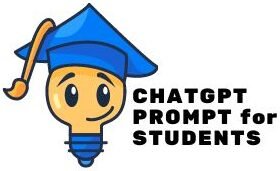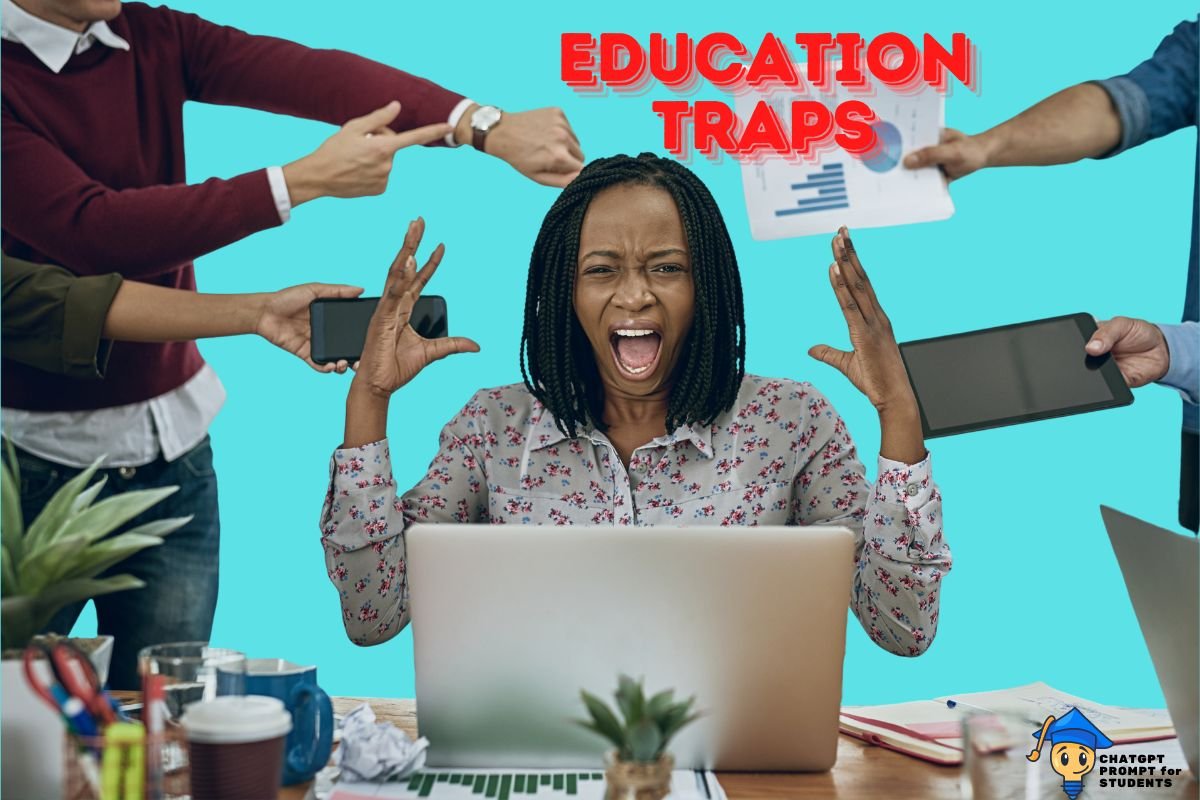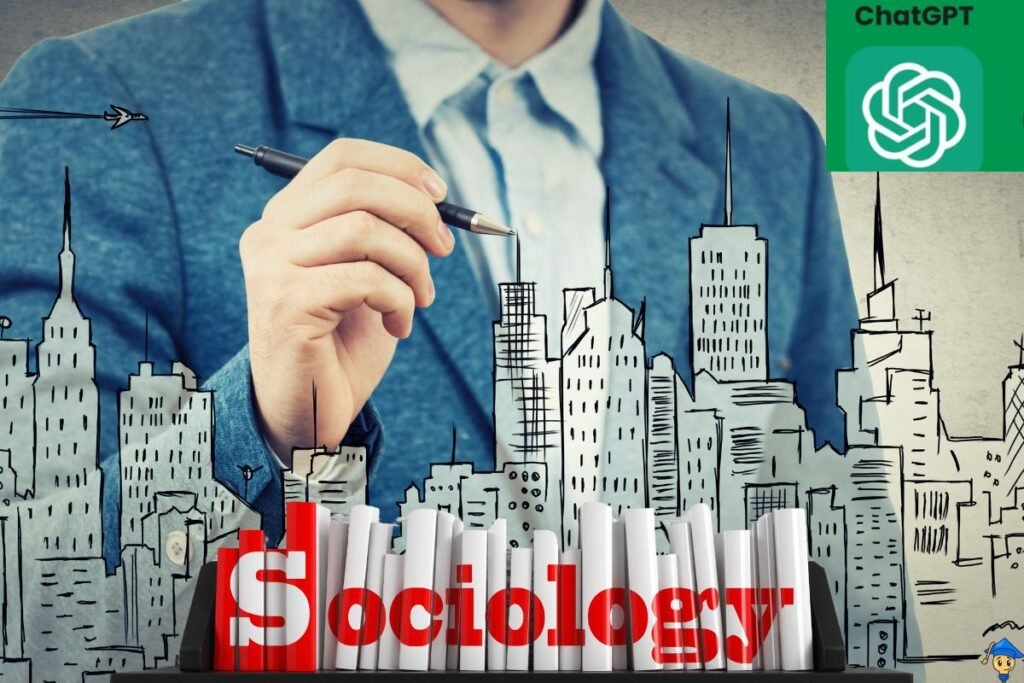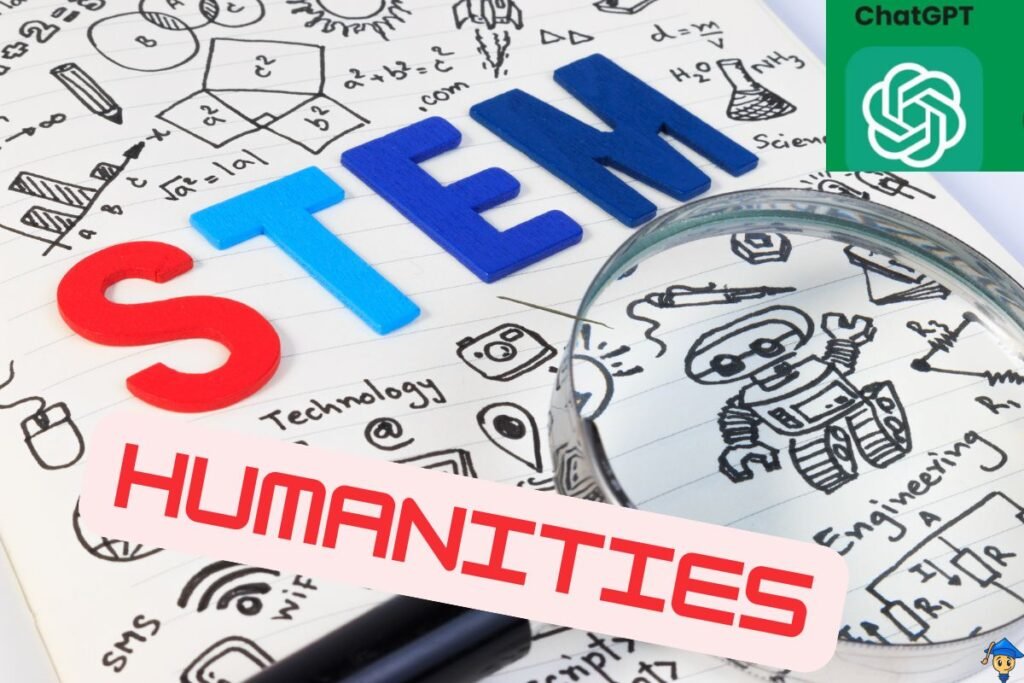Introduction
In the ever-evolving landscape of education, a concerning phenomenon has emerged – the “education trap.” This insidious trap ensnares individuals, often leading them down a path that prioritizes external validation, career prospects, and societal expectations over the true purpose of learning.
As an experienced teacher, I’m here to shed light on this pressing issue and provide insights on how to break free from the shackles of the education trap.
With zero effort, you can see that private schools and coaching centres are spread ‘Spider-Net’ to catch you. The most unfortunate fact is that these ‘Killer’ systems are promoted by Social Media Influencers, Celebrities, Teachers and Rankers.
You become trapped! Aren’t you?
What is Education?
According to the renowned Indian philosopher and spiritual leader, Swami Vivekananda, “Education is the manifestation of the perfection already in man.”
He believed that the true purpose of education is to unlock the inherent potential within each individual, rather than merely imparting information.
Dr B.R. Ahmedkar said, “Education is the lioness’ milk, he who drinks it roars.”
True educated people can ‘learn to learn’ which is the most important thing.
The illusion of knowledge is not education, but ignorance. Foolish people(GyanKaka) have a strange kind of confidence that comes only with ignorance.
I have no complaints about ignorance but making a decision and a career out of it is stupidity.
What is a ‘Trap’?
A trap, in the context of this discussion, refers to a situation or circumstance that ensnares an individual, often leading to unintended consequences or limiting their growth and development.
The Education Trap Defined
The “education trap” is a term that describes the complex web of societal expectations, financial pressures, and institutional biases that can hinder an individual’s ability to truly benefit from the educational system. It is a phenomenon that often leads to a narrow focus on academic achievements, career prospects, and external validation, rather than a holistic understanding and cultivation of one’s own talents and passions.
Three Major Education Traps
Trap #1: Private Schools
The private school industry has experienced a significant boom in recent years, with the global market size estimated at over $1 trillion as of 2023. While private schools often boast of superior facilities, smaller class sizes, and specialized curricula, they can also perpetuate a cycle of exclusivity and privilege. Many families feel compelled to enrol their children in private schools, driven by the perception of better opportunities and a perceived advantage in the job market. However, this can lead to a disproportionate focus on academic performance and test scores, rather than the development of well-rounded individuals.
Trap #2: Coaching Centers
Coaching centres have become ubiquitous in many parts of the world, particularly in regions like India, where the competition for coveted educational and professional opportunities is fierce. These centres promise to give students the edge to excel in entrance exams and secure admission to prestigious institutions. While they may offer valuable guidance and support, the reliance on coaching centres can also lead to a narrow focus on test-taking strategies and rote learning, rather than a deeper understanding of the subject matter.
Trap #3: The Career Trap
The education system is often geared towards preparing students for specific careers, with a strong emphasis on academic performance, technical skills, and professional success. This “career trap” can lead to a situation where individuals feel compelled to pursue paths that may not align with their true passions and interests. The pursuit of a lucrative career can overshadow the broader purpose of education, which should be to cultivate well-rounded, self-aware, and adaptable individuals.
Why Do People Become Part of the Education Trap?
Several factors contribute to the perpetuation of the education trap:
1. Middle-Class Mentality: The desire to maintain or improve one’s social status and economic standing can drive families to prioritize academic achievements and prestigious career paths over personal fulfilment.
2. Parents Decide Child’s Future: Many parents feel the need to dictate their children’s educational and career paths, often based on their own aspirations or societal expectations, rather than the child’s unique interests and abilities.
3. Lack of a Positive Environment: In some cases, the educational environment, whether at home or in school, may not foster a positive and supportive atmosphere for self-discovery and personal growth.
4. Flawed Education System: The current education system, with its emphasis on standardized testing and a one-size-fits-all approach, can contribute to the education trap by failing to cater to the diverse needs and learning styles of students.
5. Unclear Career Concepts: Many students and their parents lack a clear understanding of the wide range of career options available, leading them to make decisions based on limited information or false claims.
6. Lack of Proper Guidance: The absence of effective career counselling and mentorship can leave students and their families adrift, and unable to navigate the complexities of the education and career landscape.
7. Lack of Self-Confidence: When students struggle academically or fail to meet societal expectations, they may develop low self-confidence, leading them to submit to the education trap in search of a perceived “safe” path.
8. Societal Pressure and Trends: The desire to conform to societal norms and the perceived prestige associated with certain educational and career paths can drive individuals to become part of the education trap.
9. Decide By Seeing Ads: Students and parents may be influenced by misleading claims or exaggerated promises made in advertisements for private schools, coaching centres, or certain career paths. Individuals should be cautious about making important decisions based solely on advertising claims, and instead seek out reliable, objective information and guidance to make informed choices about their educational and career paths.
Breaking Free from the Education Trap
To break free from the education trap, it is essential to cultivate self-confidence, self-belief, and a personalized self-study plan. By focusing on their unique strengths, interests, and learning styles, individuals can develop a deeper understanding of their own potential and pursue educational paths that are truly fulfilling.
Final Thoughts
The education trap is a complex issue that reflects the broader societal pressures and expectations that shape our educational experiences. While the temptation to conform to these norms can be strong, it is crucial to remember that the true purpose of education is to empower individuals to reach their full potential. By embracing a more holistic and personalized approach to learning, we can break free from the constraints of the education trap and unlock the transformative power of education.
Prompt for Exploring Career Options after Class 12
“As an AI assistant, please provide a comprehensive overview of the diverse career options available to students after completing their Class 12 education. Highlight the key factors to consider when exploring these options, such as personal interests, skills, and market demand. Encourage the user to approach this decision-making process with an open mind and a focus on self-discovery, rather than succumbing to societal pressures or the ‘education trap.’”





